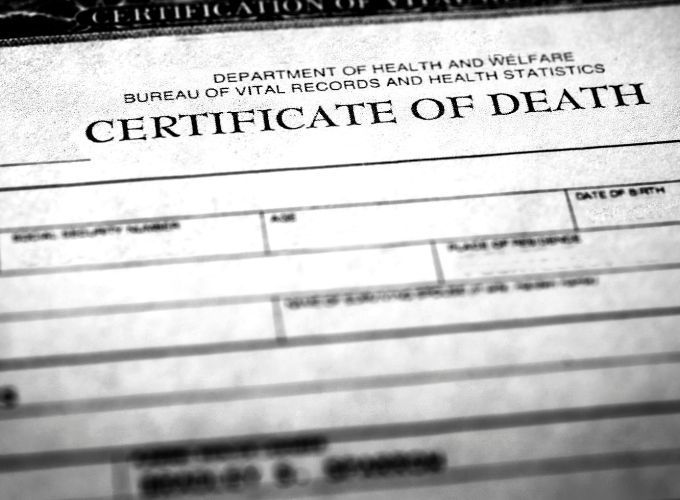Articles Of Interest
Honoring Heroes: Funeral and Memorial Service Options for Veterans
When a loved one has served our country, their farewell deserves to be as meaningful as their life of service. At Buch Family of Funeral Homes, we are honored to help families plan services that reflect both the courage of their military service and the love they shared in everyday life.

Grieving the loss of a loved one is one of life’s most difficult journeys. It can affect every part of our being—physically, emotionally, and spiritually.
Funeral and memorial services for veterans involve traditions and benefits that are unique, but they also offer opportunities to personalize the tribute and celebrate the person. Here’s a closer look at the options available and how we help families navigate them.
Military Funeral Honors
For those who served, military funeral honors are a powerful way to pay tribute. The ceremony may include the folding and presentation of the U.S. flag, the playing of “Taps” and, in some cases, a rifle salute.
These traditions can take place at the funeral home, a place of worship, or the graveside, and our staff works closely with military personnel and veterans’ organizations to make sure they are carried out with the dignity your loved one deserves.
Burial and Memorial Options
Many veterans, as well as their spouses and dependent children, qualify for burial in a national or state veterans cemetery. This benefit typically includes a gravesite, opening and closing of the grave, perpetual care, and a government-issued headstone or marker. Even if a family chooses a private cemetery, the U.S. Department of Veterans Affairs may still provide a marker at no cost, ensuring the veteran’s service is permanently remembered.
For cremation, veterans can be interred in a columbarium or memorial garden within a veteran’s cemetery. Families may also choose to hold a separate memorial service or celebration of life at the funeral home, a place of worship, or a meaningful location like a park or community hall.
VA Benefits and Certificates
The Department of Veterans Affairs provides several meaningful benefits for those who served, and understanding what’s available can make a significant difference. Families can request a Presidential Memorial Certificate, a burial flag, and in some cases, reimbursement for certain burial expenses.
The VA also supplies a variety of headstones and markers—upright or flat in granite, marble, or bronze—which can include personalized inscriptions and emblems of belief. For veterans choosing cremation, placement in a VA columbarium with a niche marker is also available.
It’s important to know that these benefits are not automatic. Eligibility generally requires an honorable discharge, and families must apply by submitting the proper forms. Our staff helps guide families through the process, so every honor is received without added stress.
Personalizing the Service
Military traditions are beautiful, but we also encourage families to celebrate the person behind the uniform. A meaningful service might include:
- Displaying uniforms, medals, photos, or personal items that reflect their life
- Creating a memory table or video tribute featuring stories and images from their service
- Playing favorite music—whether patriotic or simply something they loved
- Inviting comrades-in-arms, friends, or family members to share memories
These details help transform the service into a heartfelt reflection of a life well lived.
Support Beyond the Service
Planning a funeral is only part of the journey. Through our Aftercare Program, we continue supporting families with grief resources, benefit guidance, and practical help in the weeks and months that follow. Whether it’s assistance with paperwork or simply having someone to listen, our staff is here to walk beside you.
At Buch Family of Funeral Homes, we believe a veteran’s farewell should be as honorable as their service. If you are planning for a veteran’s funeral or considering arrangements in advance, we invite you to contact us. It is our privilege to help you create a meaningful tribute.











